Kalman found work in an appetizing store, selling dairy products and smoked fish. Within their first year in New York, Regina gave birth to a girl. They named her Bella.
1950s
Lower East Side
This is the opportunity for America to set an example for the rest of the world in cooperation toward alleviating human misery.
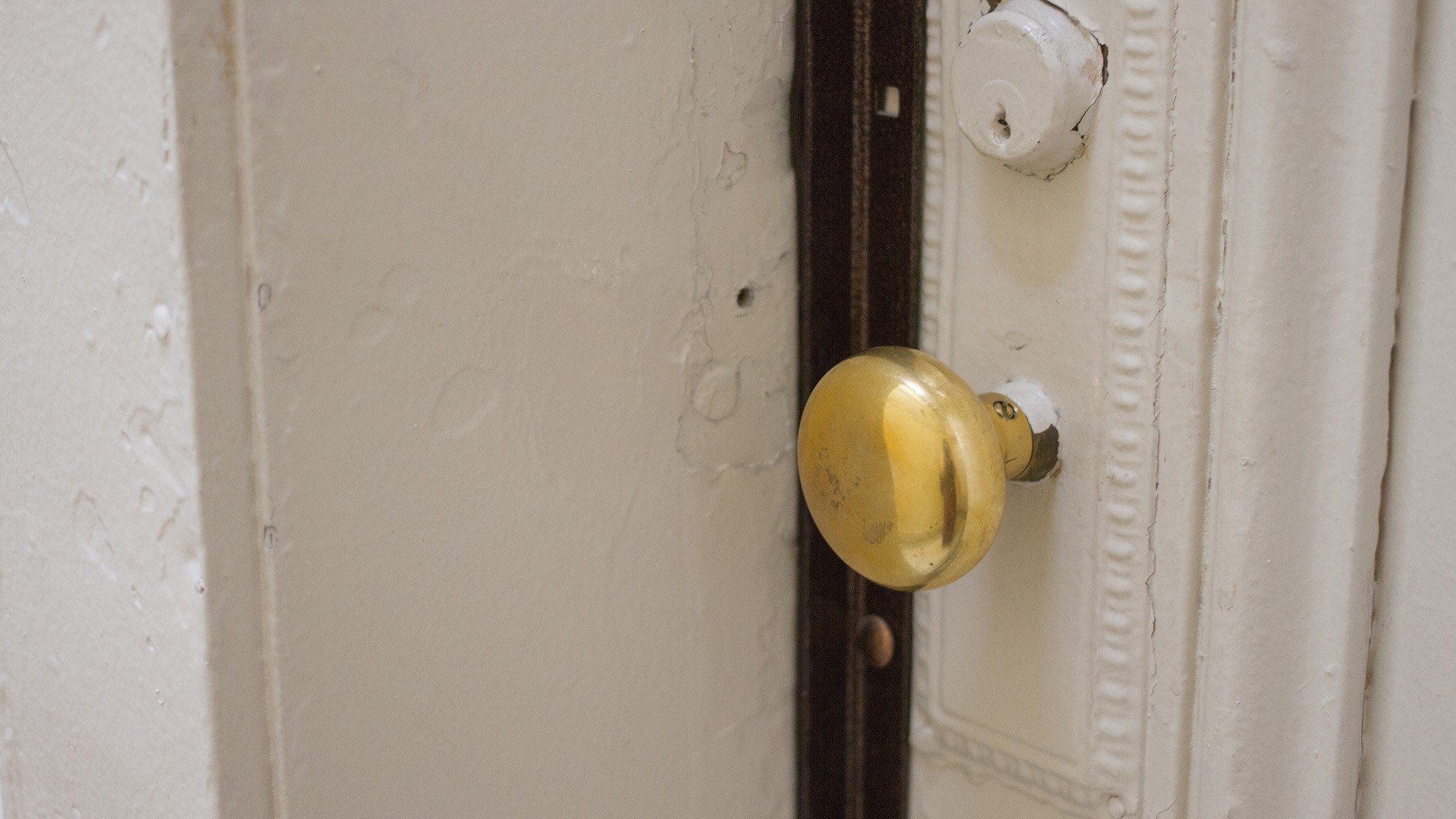
I loved my mother so much, I didn’t want to know all the misery and heartache she had been through.
Arrival
After World War II, millions of Europeans were homeless and residing in Displaced Persons (DP) camps. The United States had a strict immigration quota which prevented their entry, but Truman’s 1945 directive allowed a small number to enter with refugee status.
Regina and Kalman Epstein were among the first WWII refugees to be allowed into the US. Their boat, the Marine Perch, arrived in New York Harbor on April 22, 1947. It was two days before Kalman’s 39th birthday.
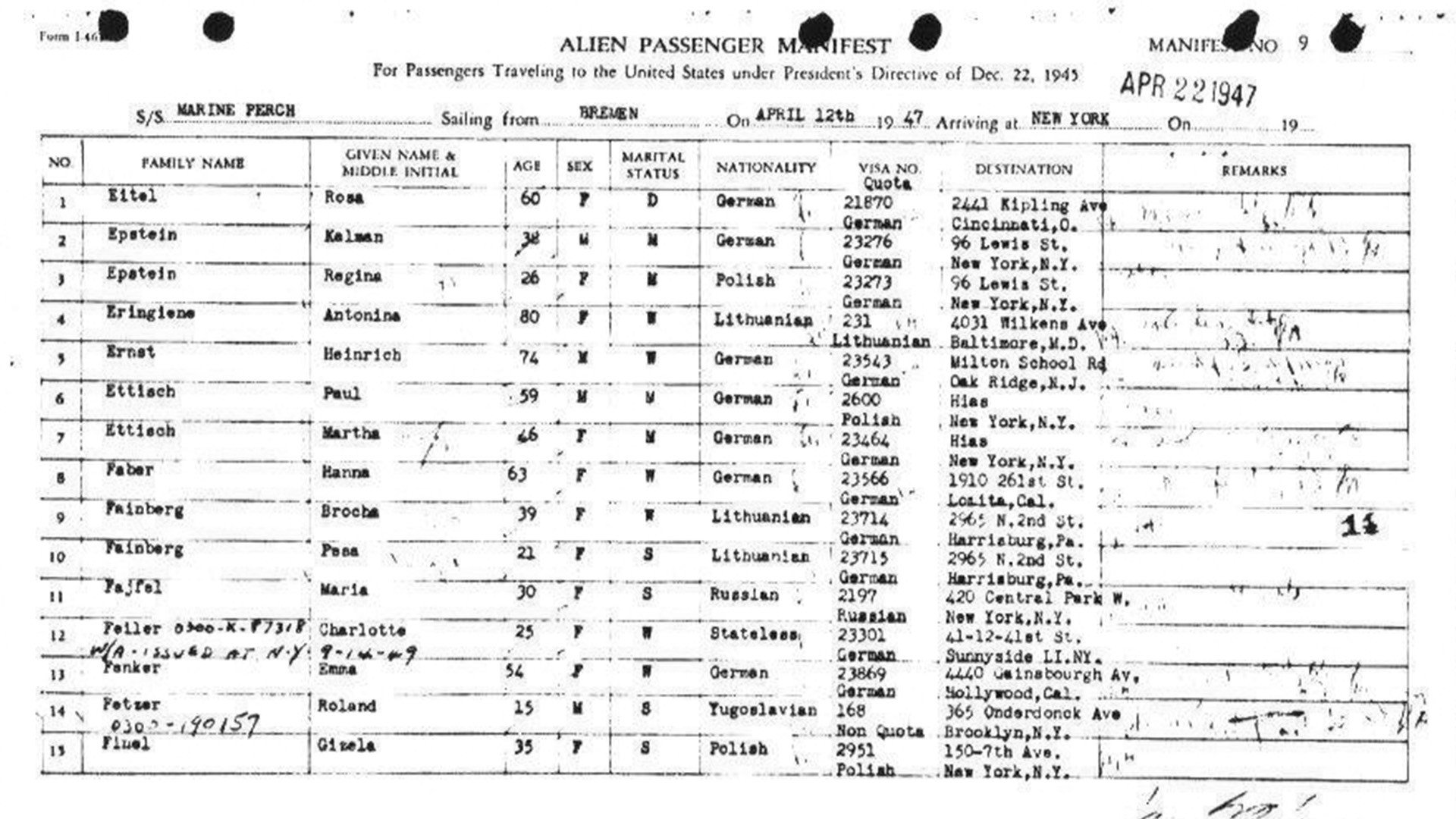
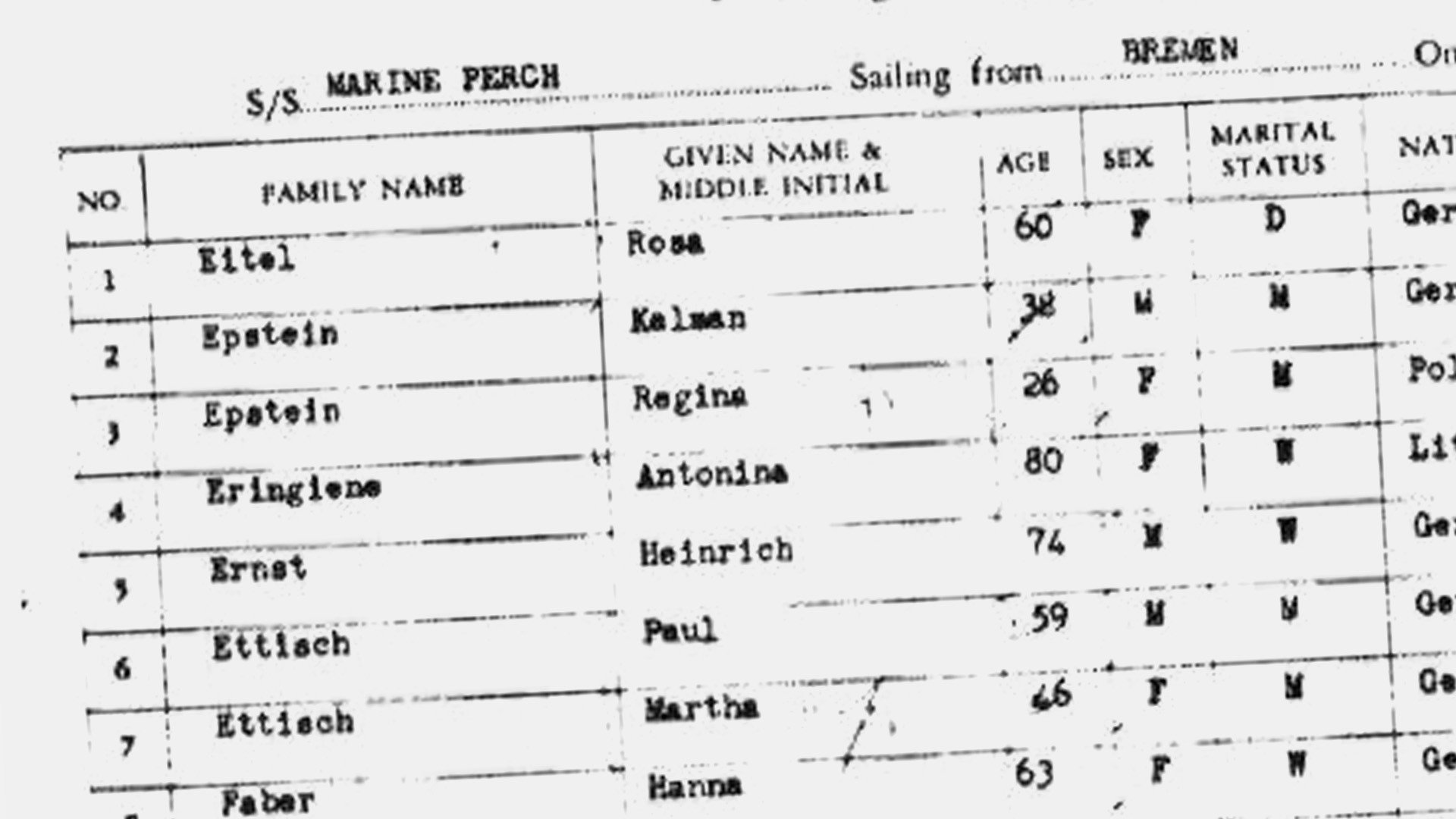
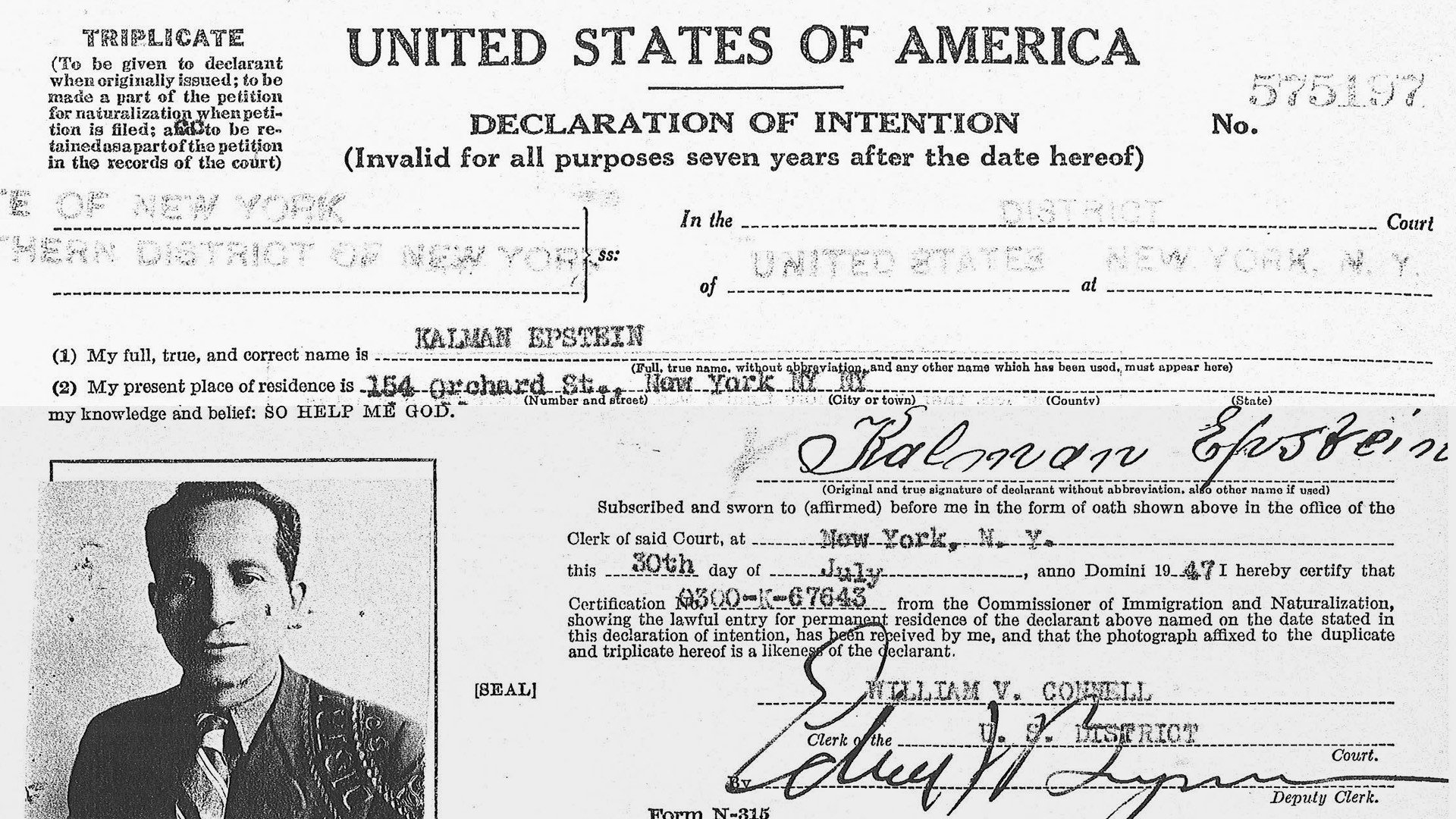
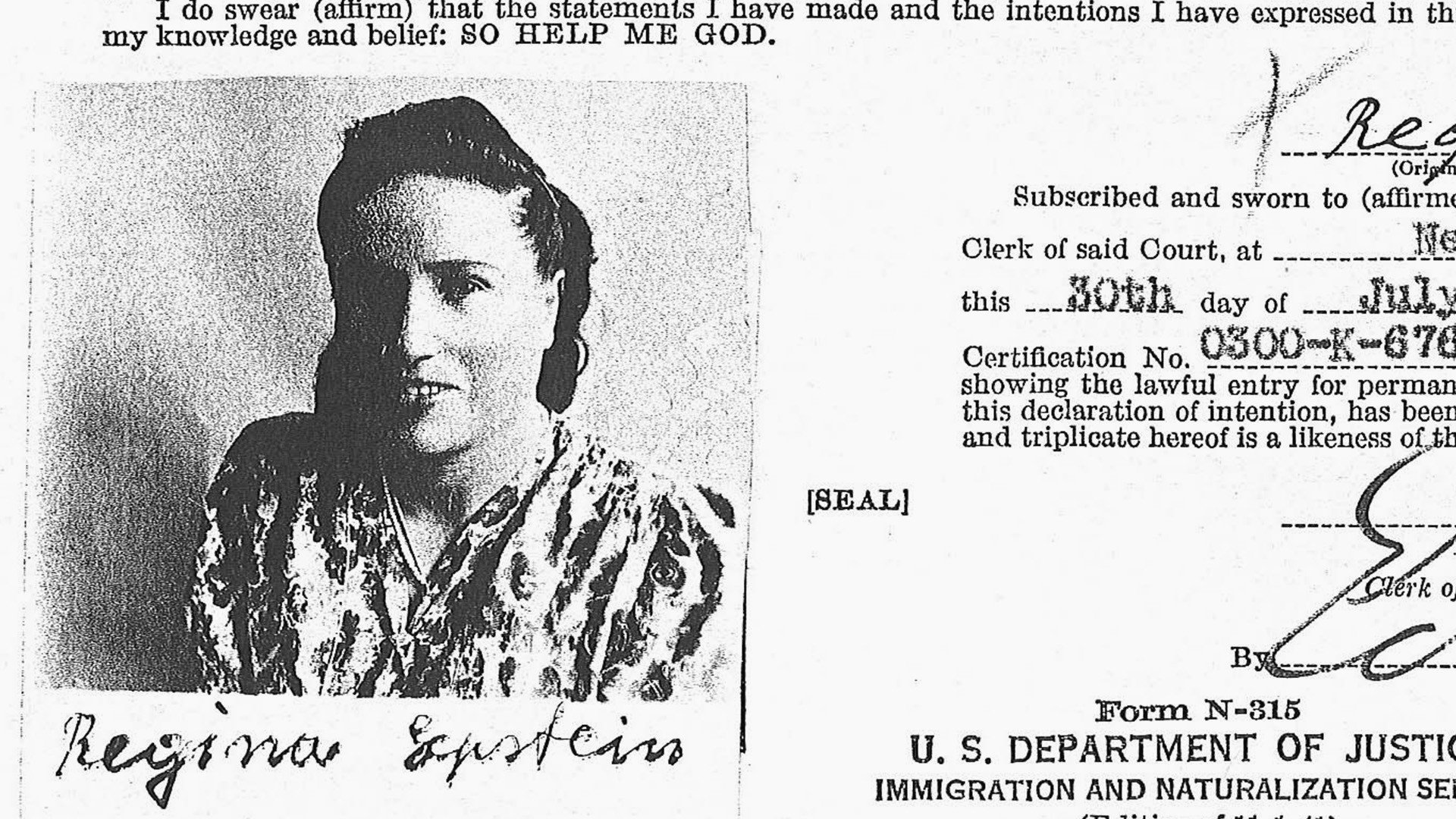
Truman’s executive order allowed a small number of refugees into the US. But in 1948, Congress was able to pass the Displaced Persons Act, increasing the number over the next five years. By 1952, 400,000 DPs had been admitted into the country.
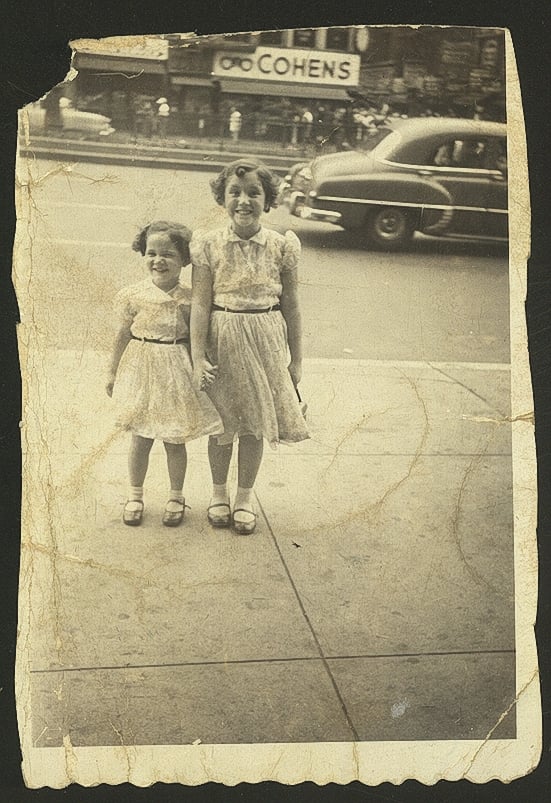
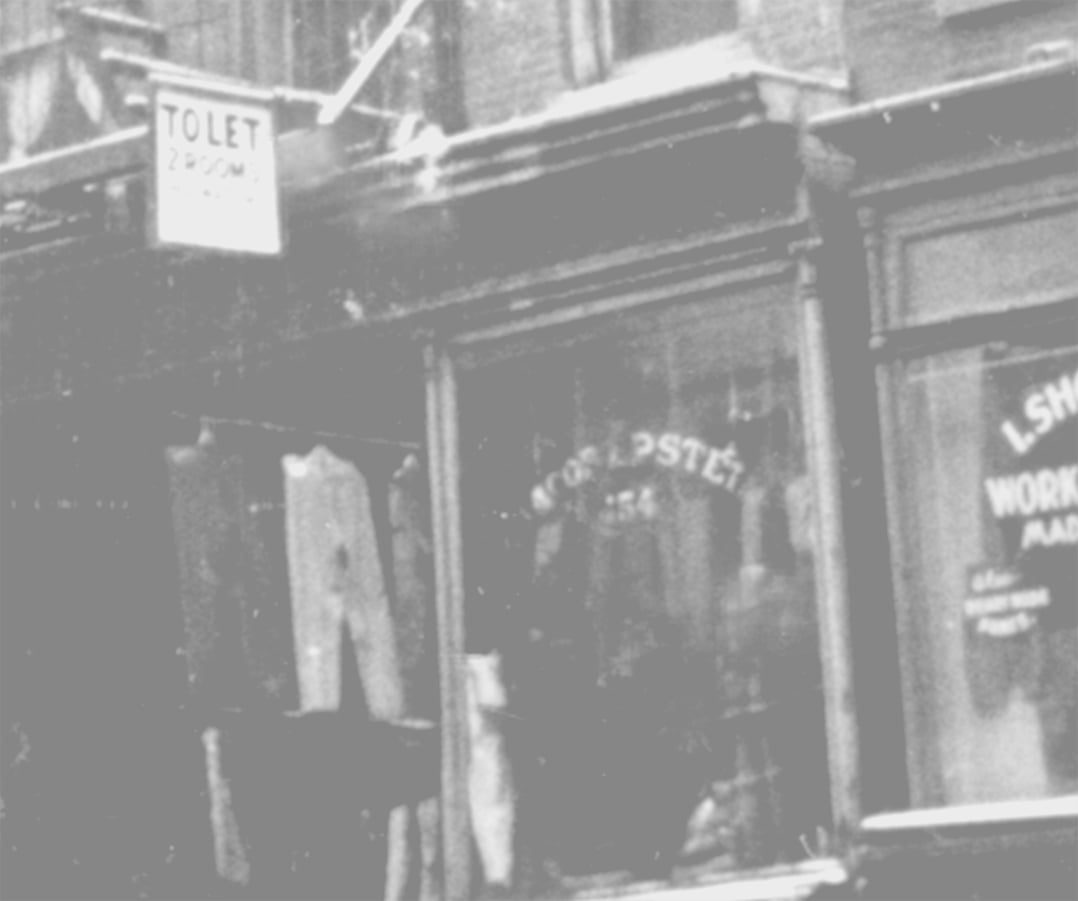
By the time the Epsteins moved into 103 Orchard Street, Kalman worked at his uncle’s dress shop, which he eventually bought.
Becoming American
Regina and Kalman sent Bella to a Jewish-only school named Bais Yaakov. But her circle of friends grew in the streets and parks of New York; Bella remembered coveting her Italian neighbor Rosetta’s confirmation dress and playing checkers with an African-American girl named Barbara.
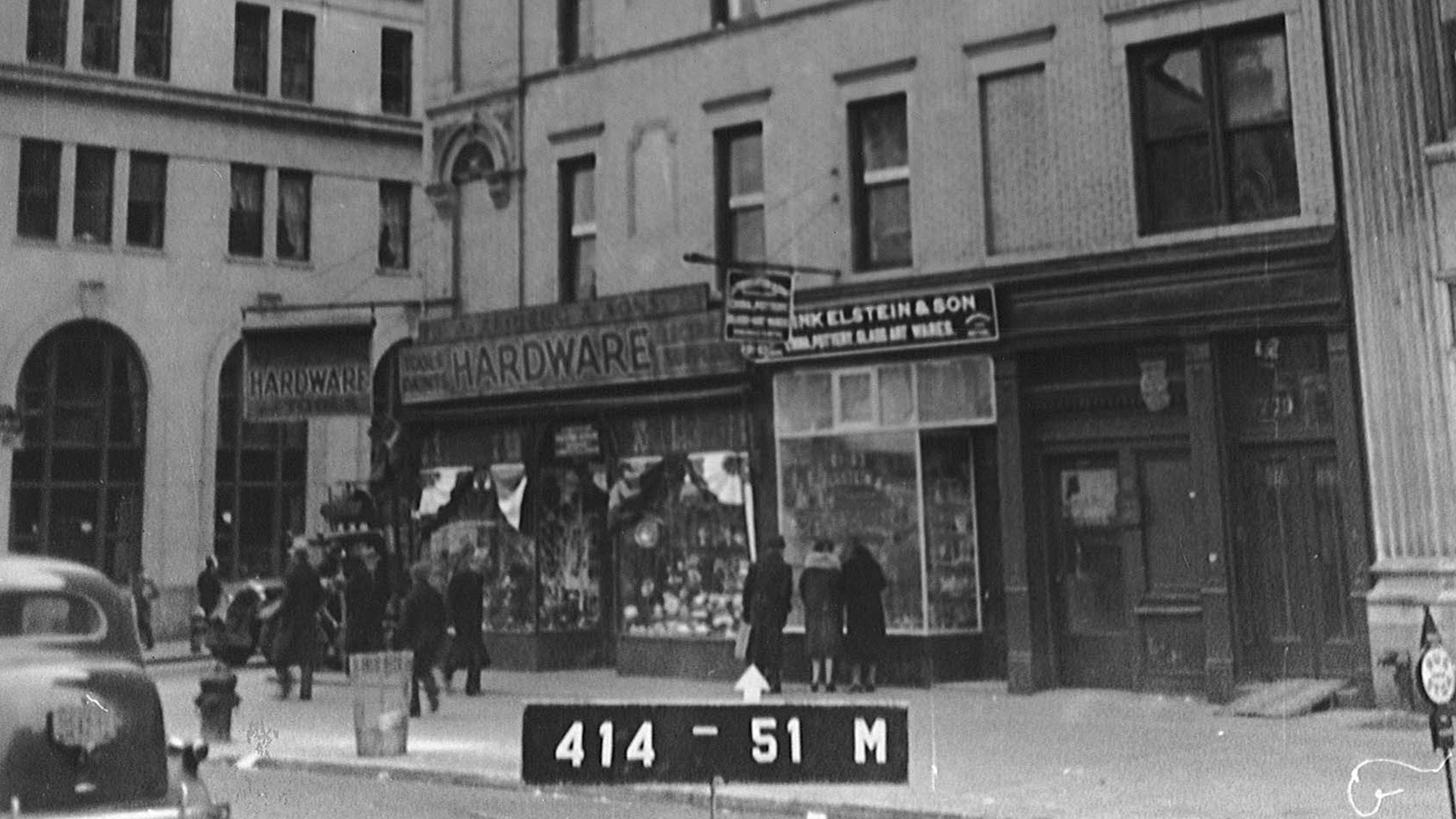
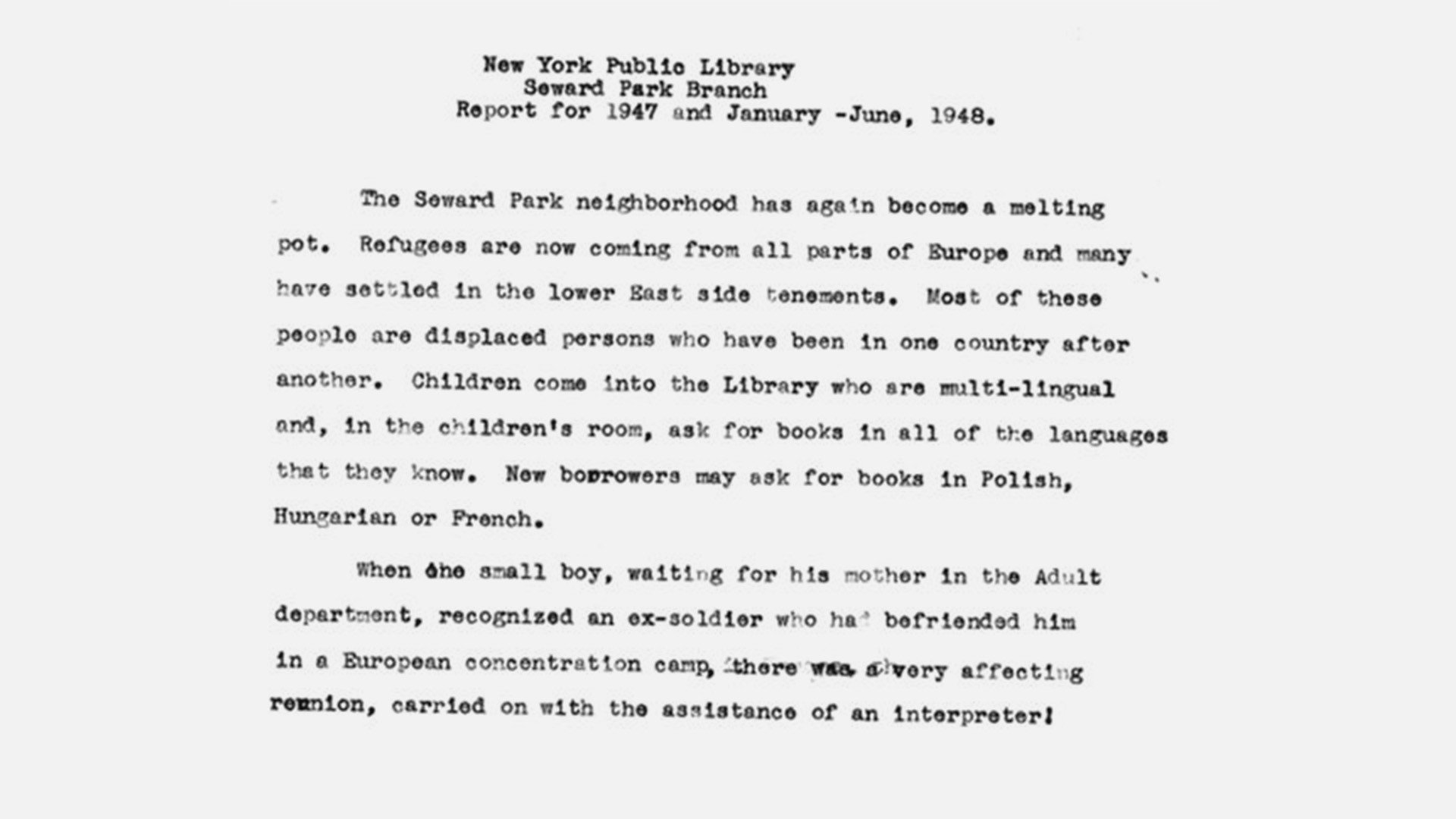
Her favorite treat was sugar cane, cut for her by Puerto Rican grocers on the sidewalk.
In the kitchen of 103, Bella recalled different languages coming up through the airshaft. She’d hear Yiddish, Spanish, Italian, and English.
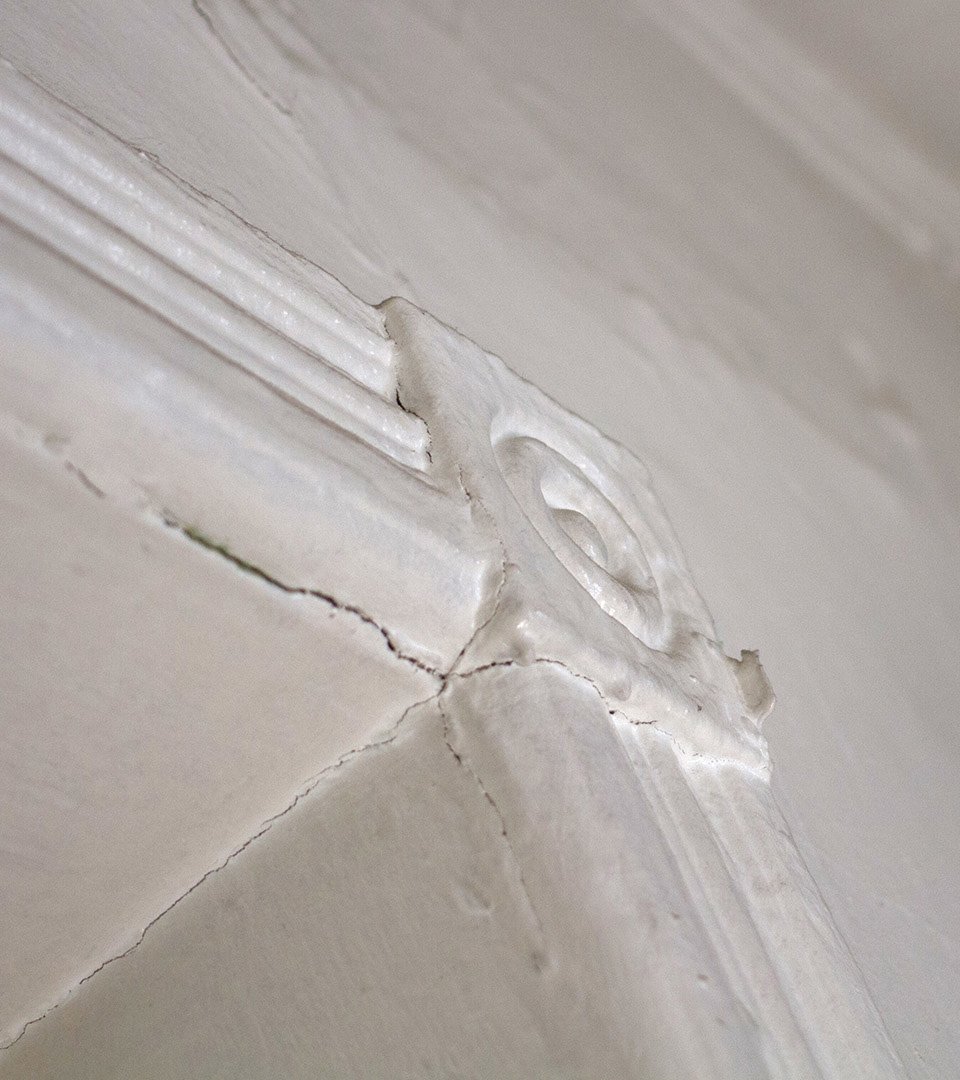
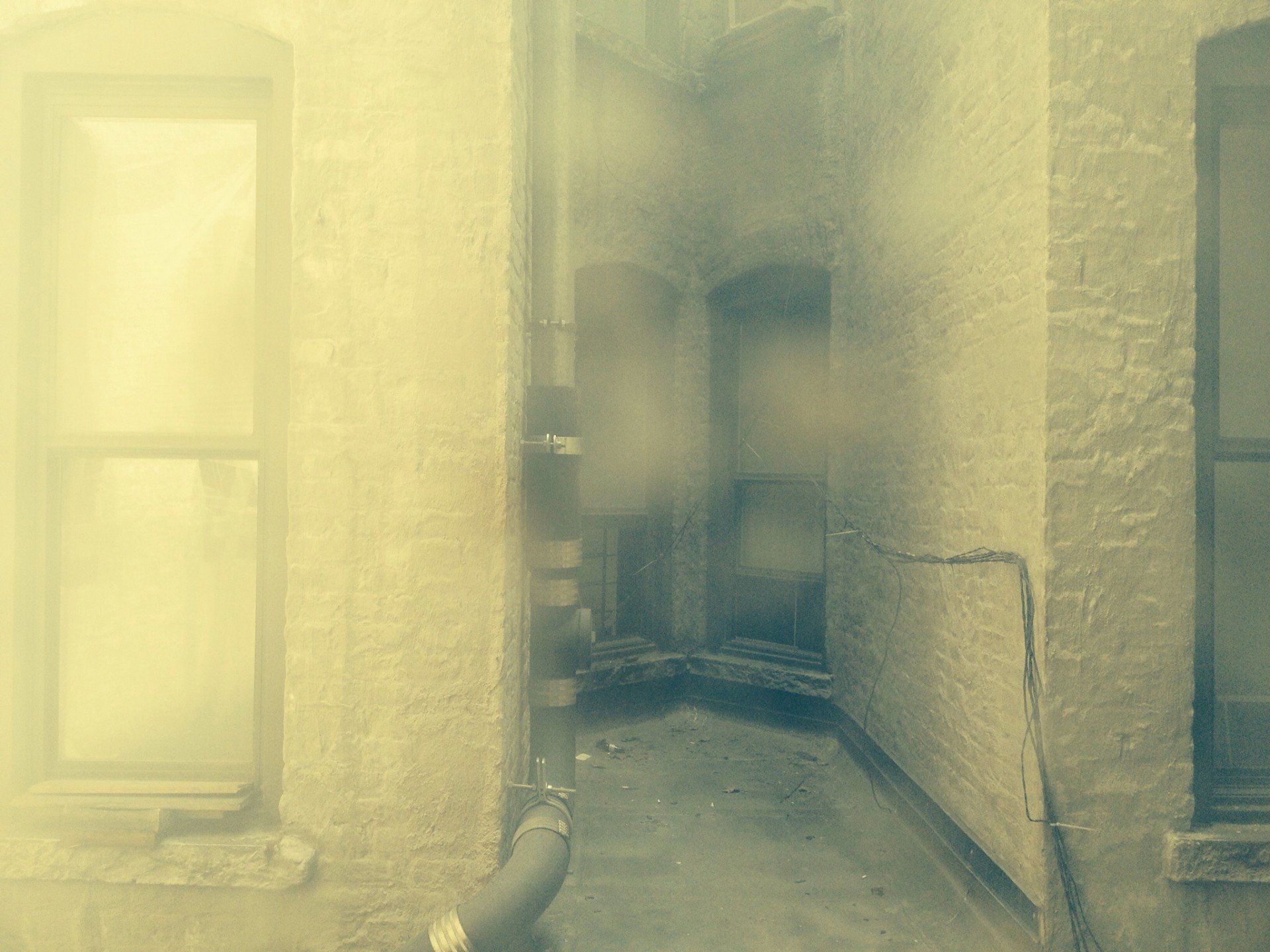
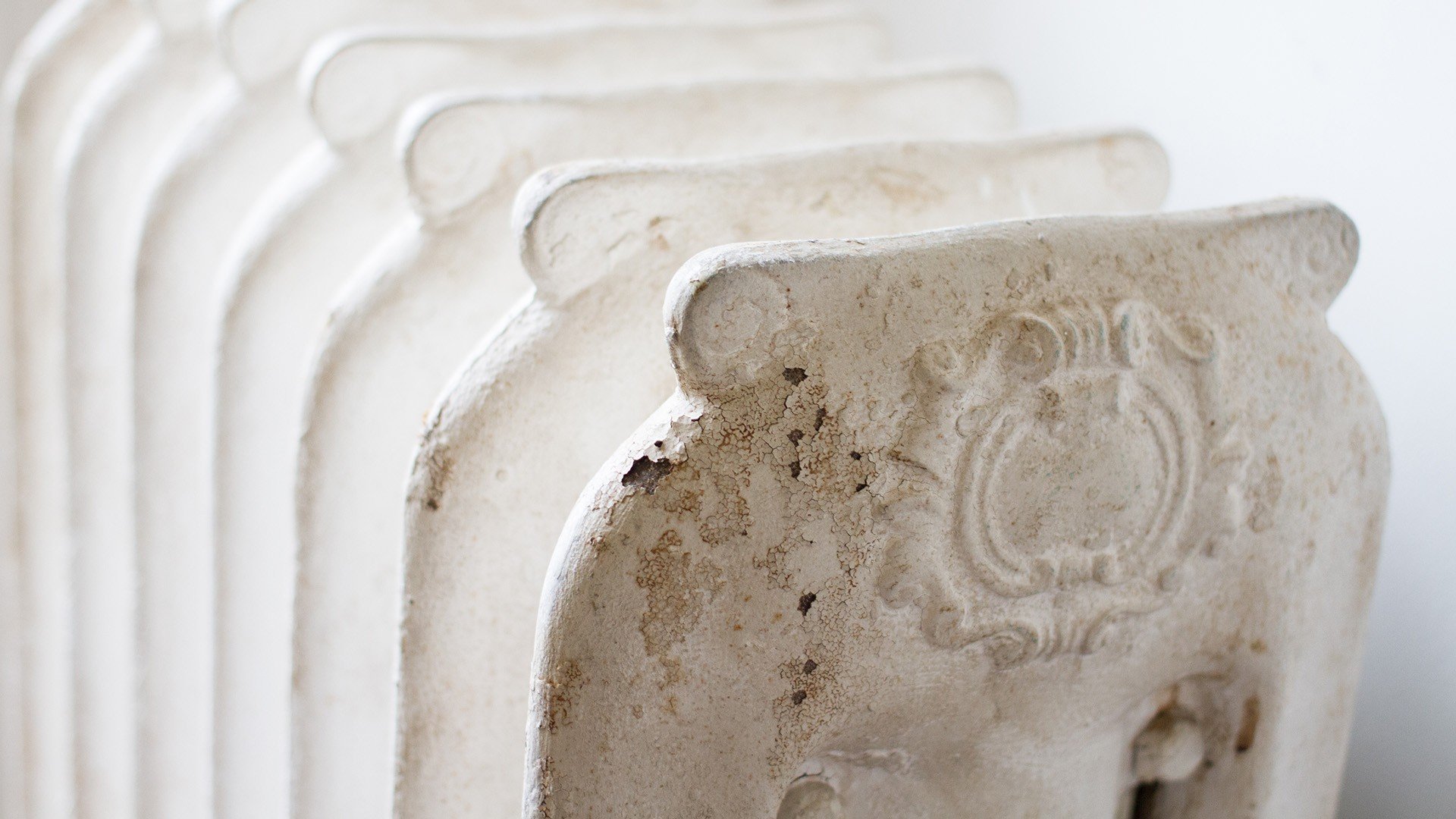
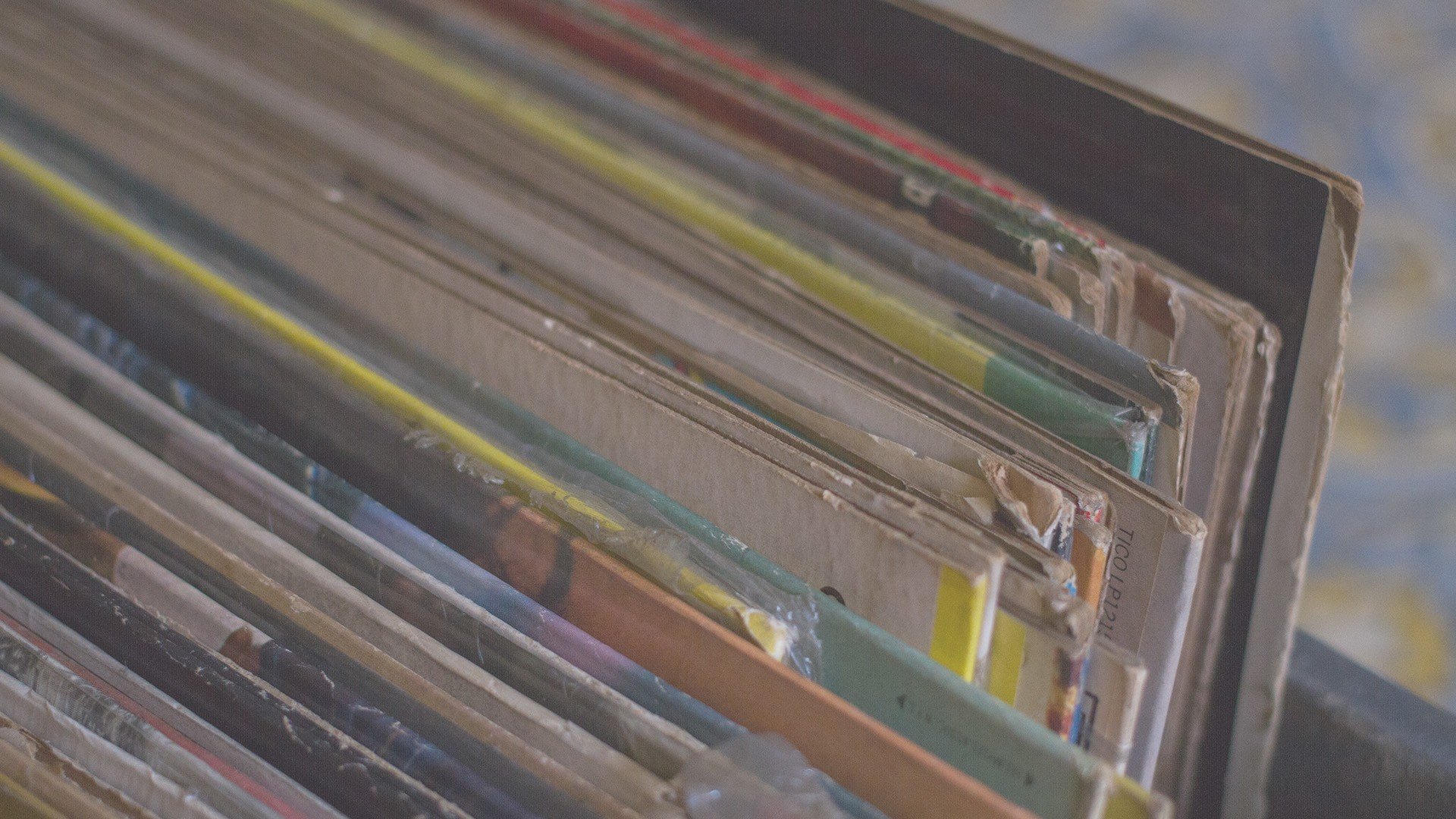
Her prized possession was a portable record player that her father brought home, to hear the great cantors Moishe Oysher and Josef “Yossele” Rosenblatt.
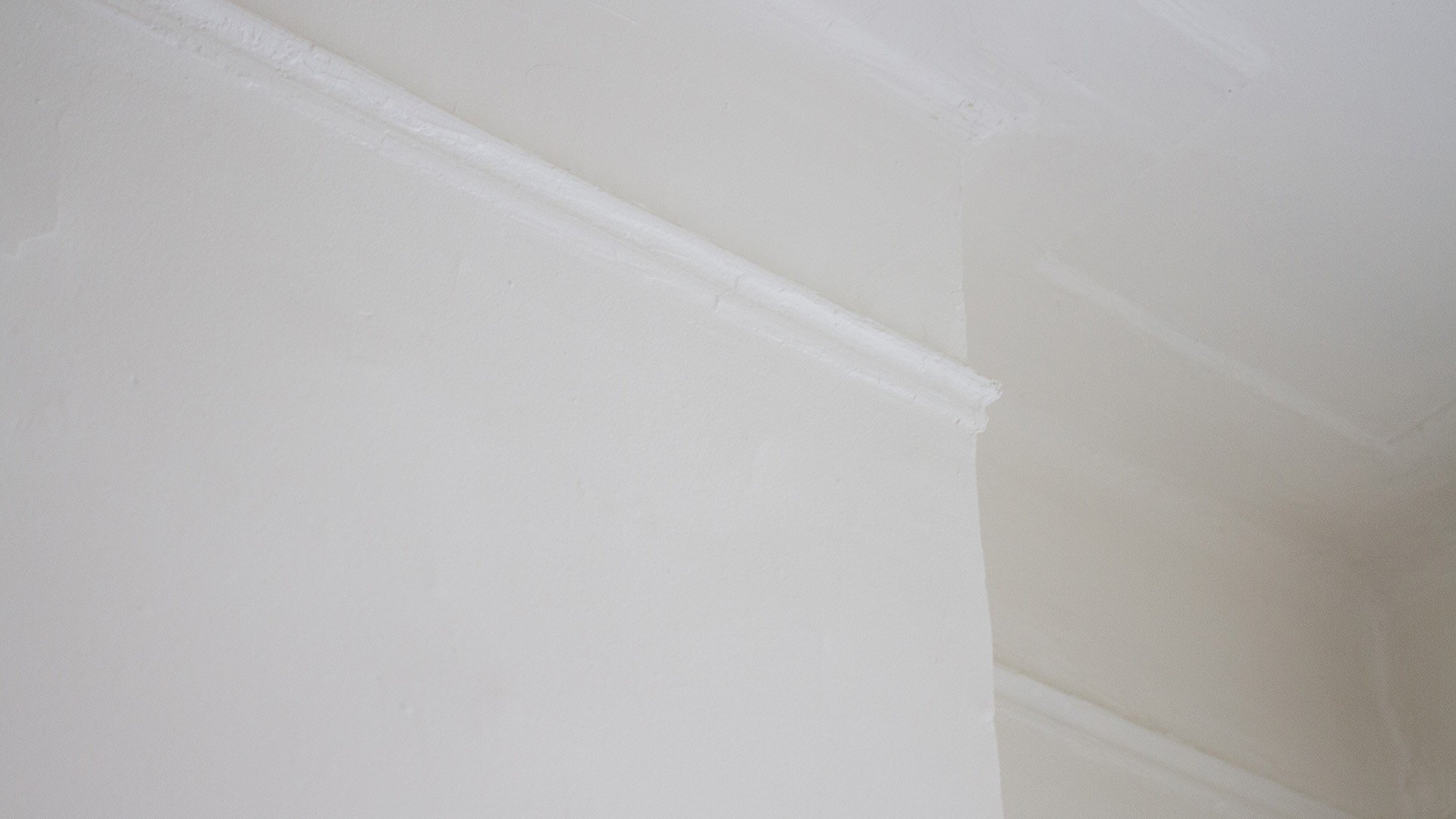
It was holy. My father was King of the TV. We had to watch what he wanted to watch, and he wanted to watch Killer Kowalski.
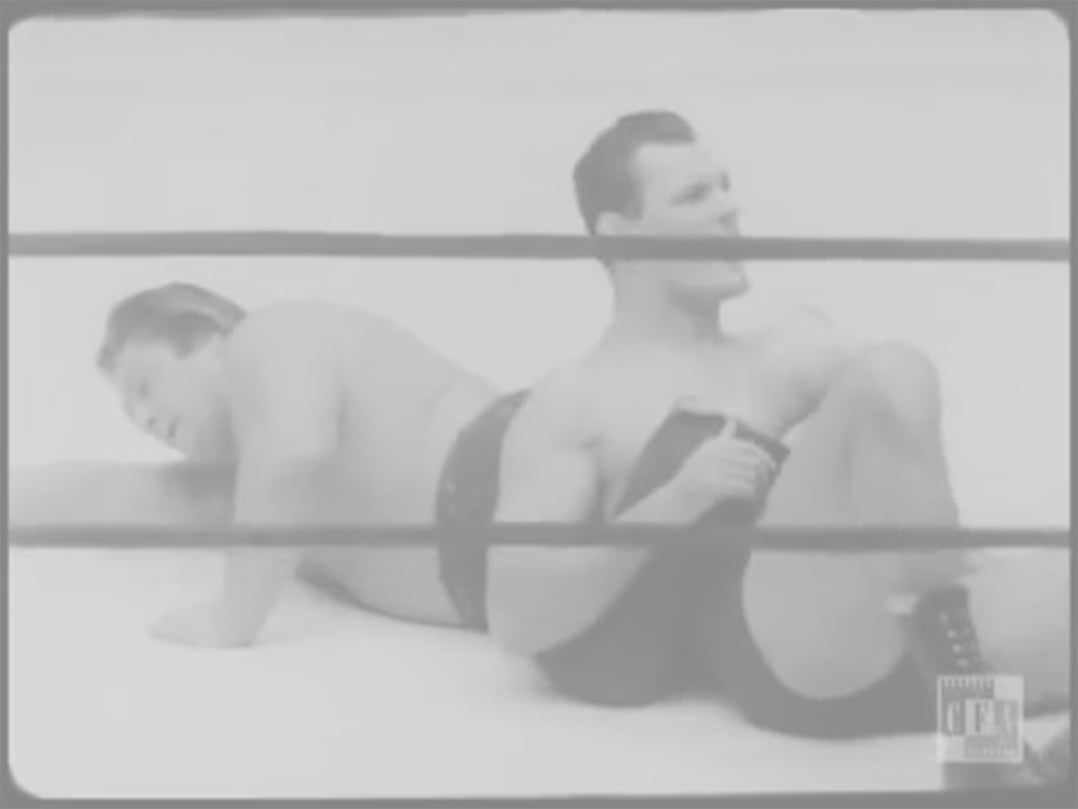
The Epsteins had the first television in the building. Italian and Jewish neighbors would come by to gaze at its flickering light, and Bella said it was “standing room only.” Though she hated wrestling, she remembered the commercials vividly.
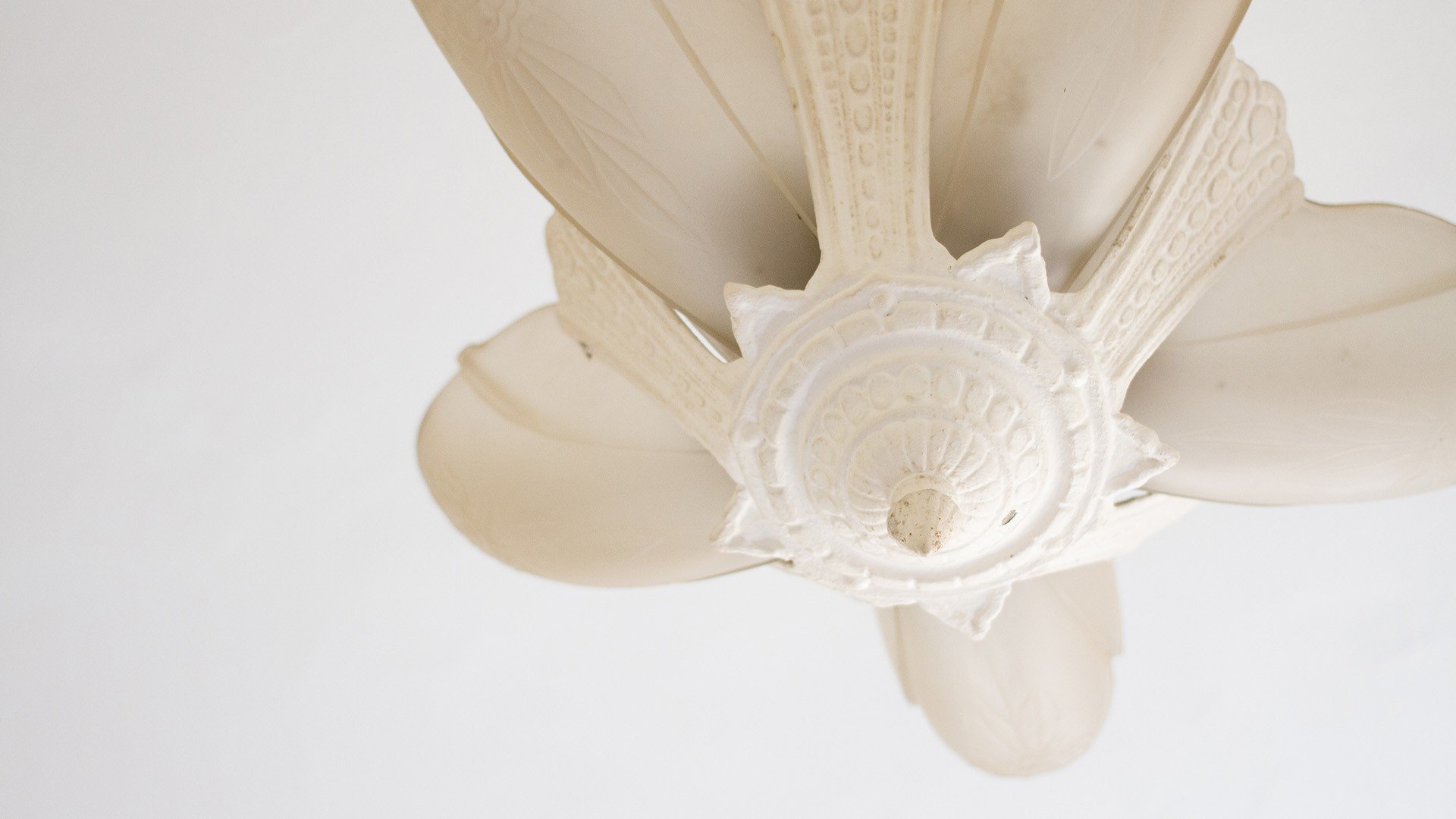
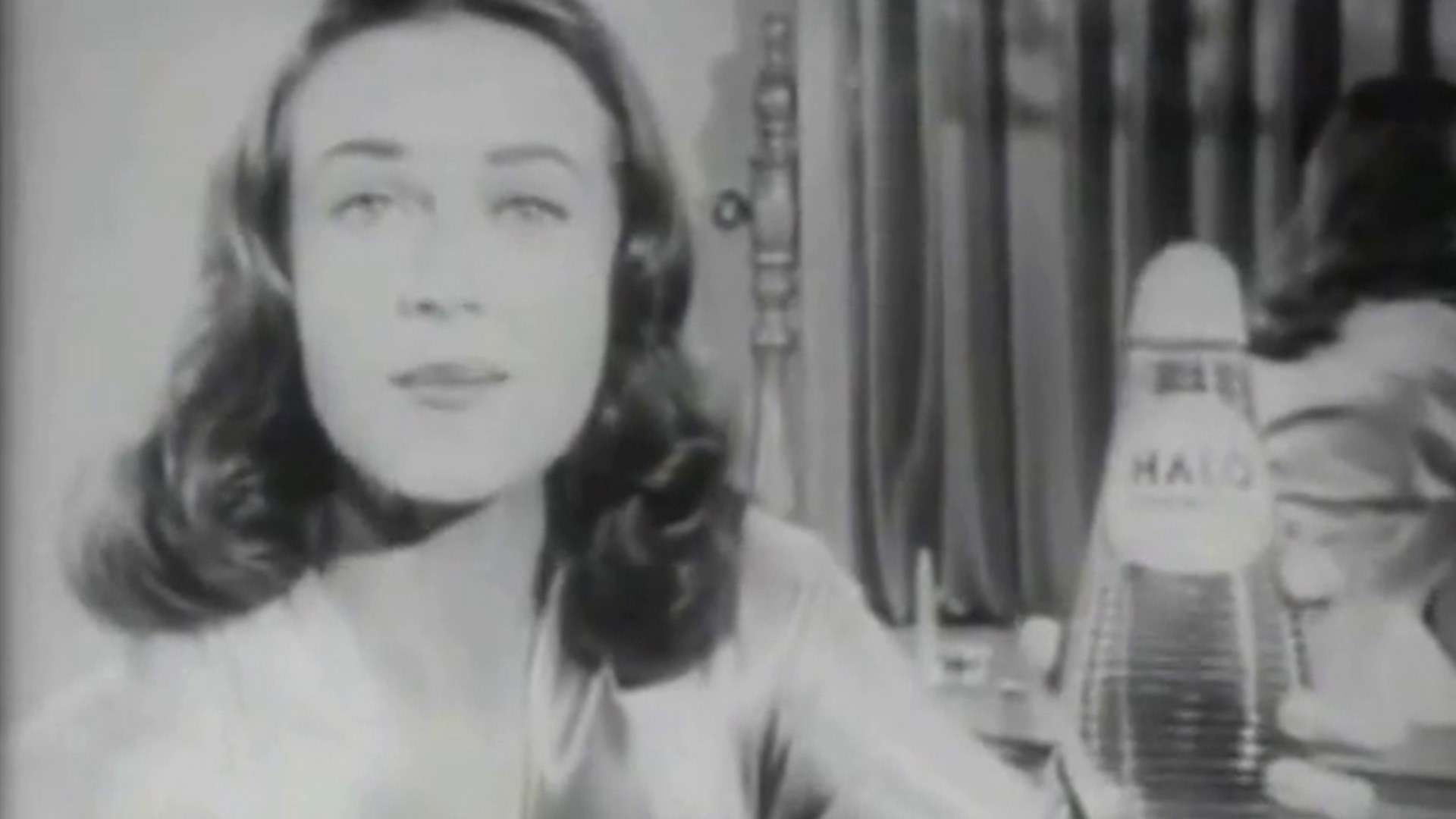
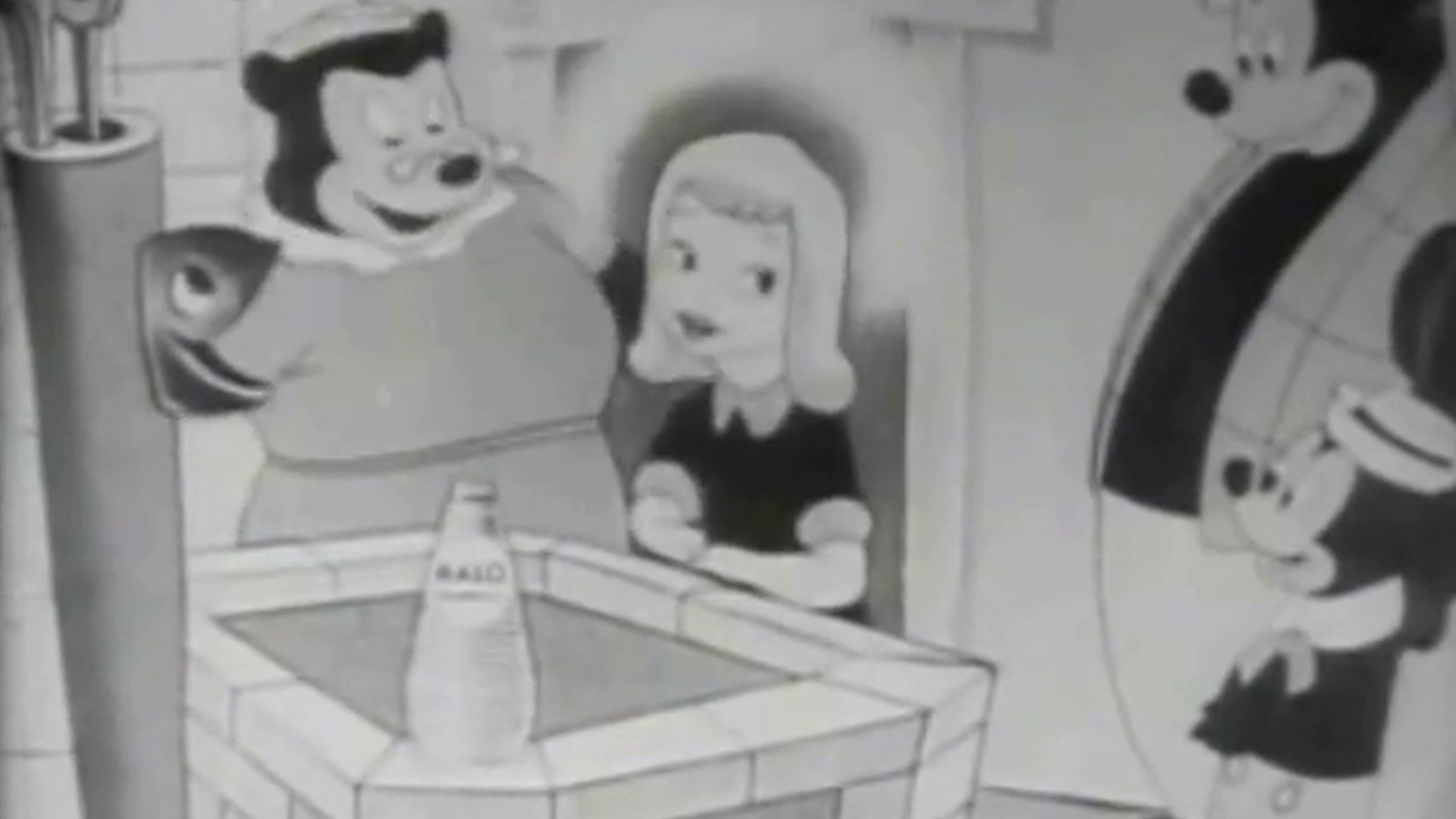
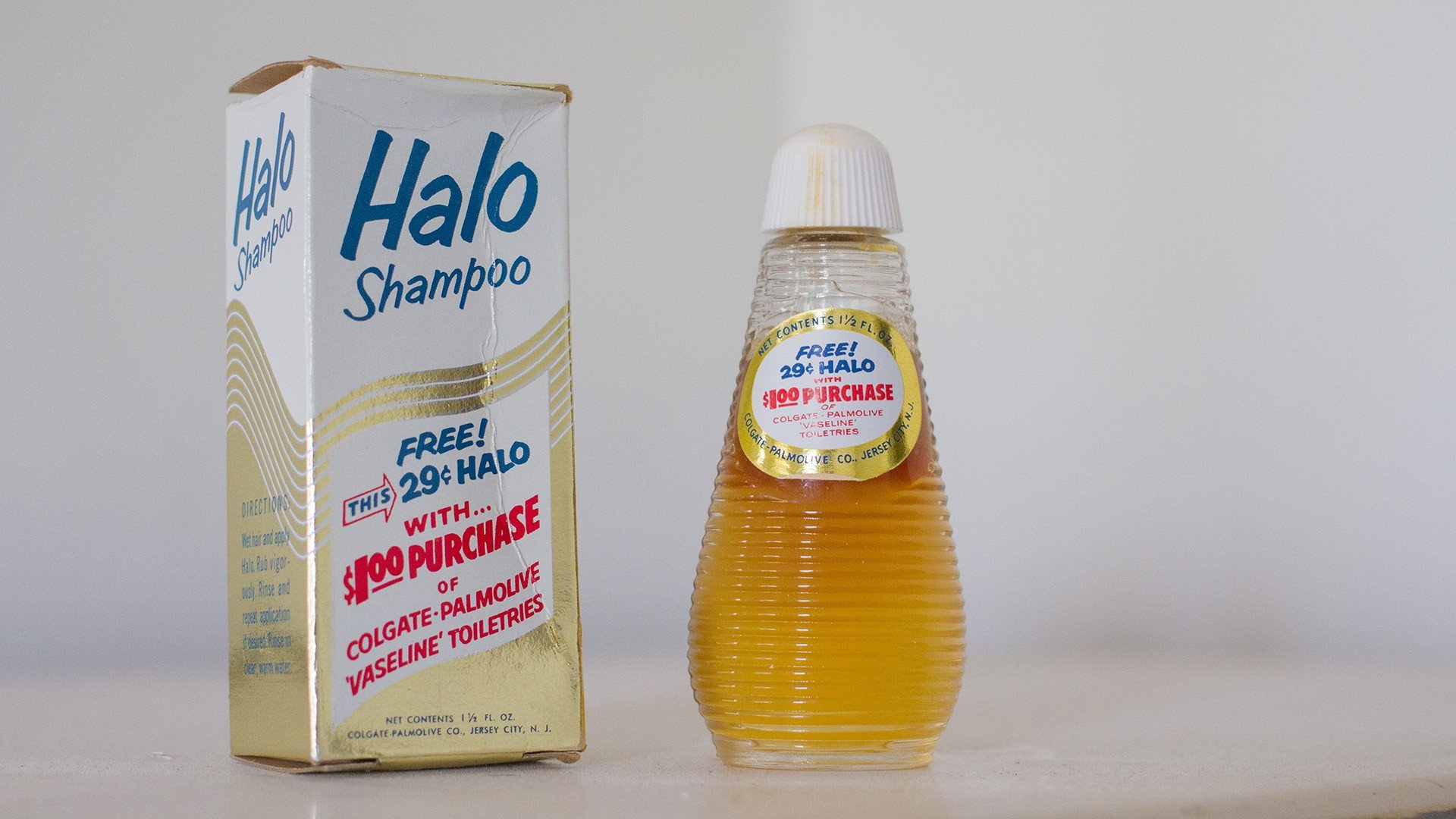
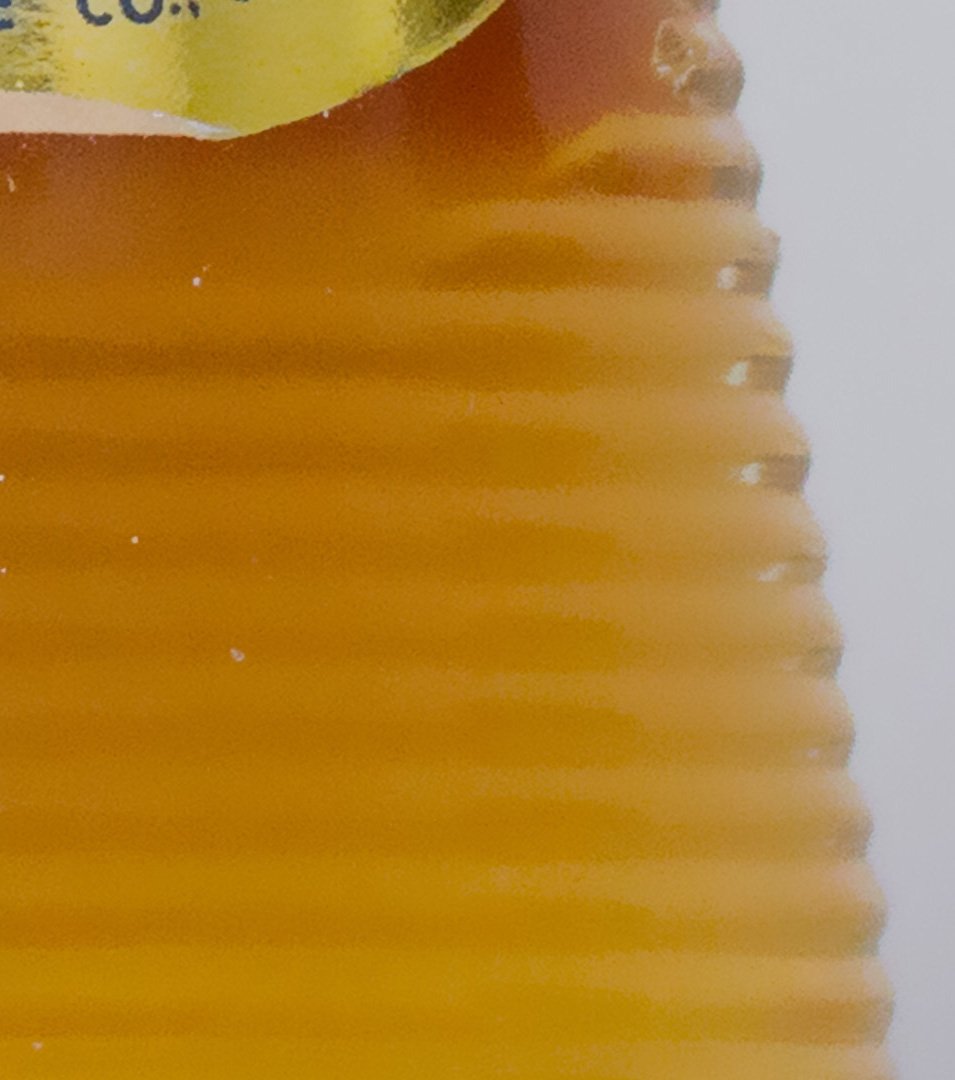

Keeping Tradition
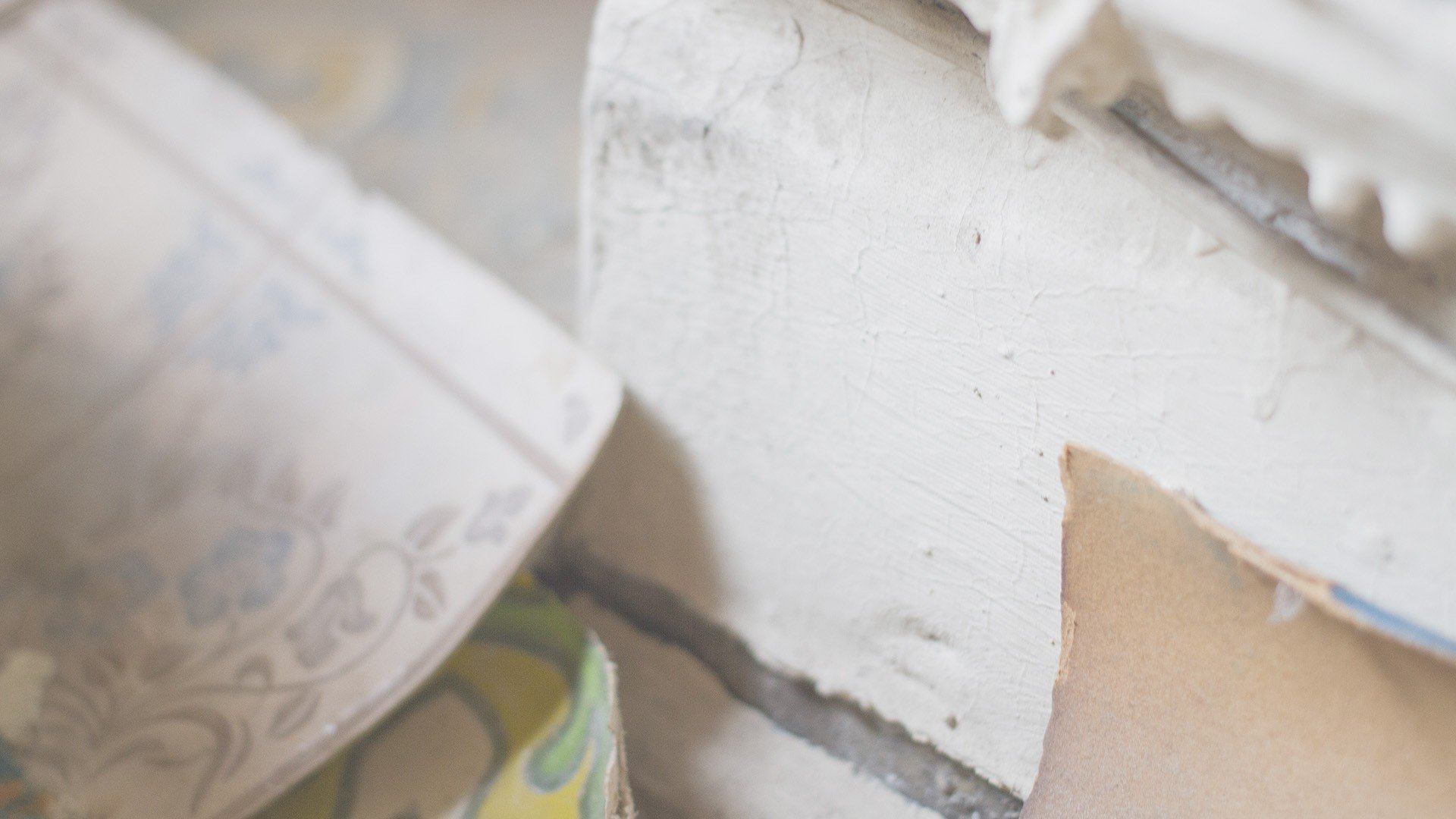
Bella’s aunt Goldie taught Regina how to cook. Every Friday, Regina made a cholent, or stew. Since the family could not use the kitchen once Sabbath began, all the cooking had to be done before sundown.
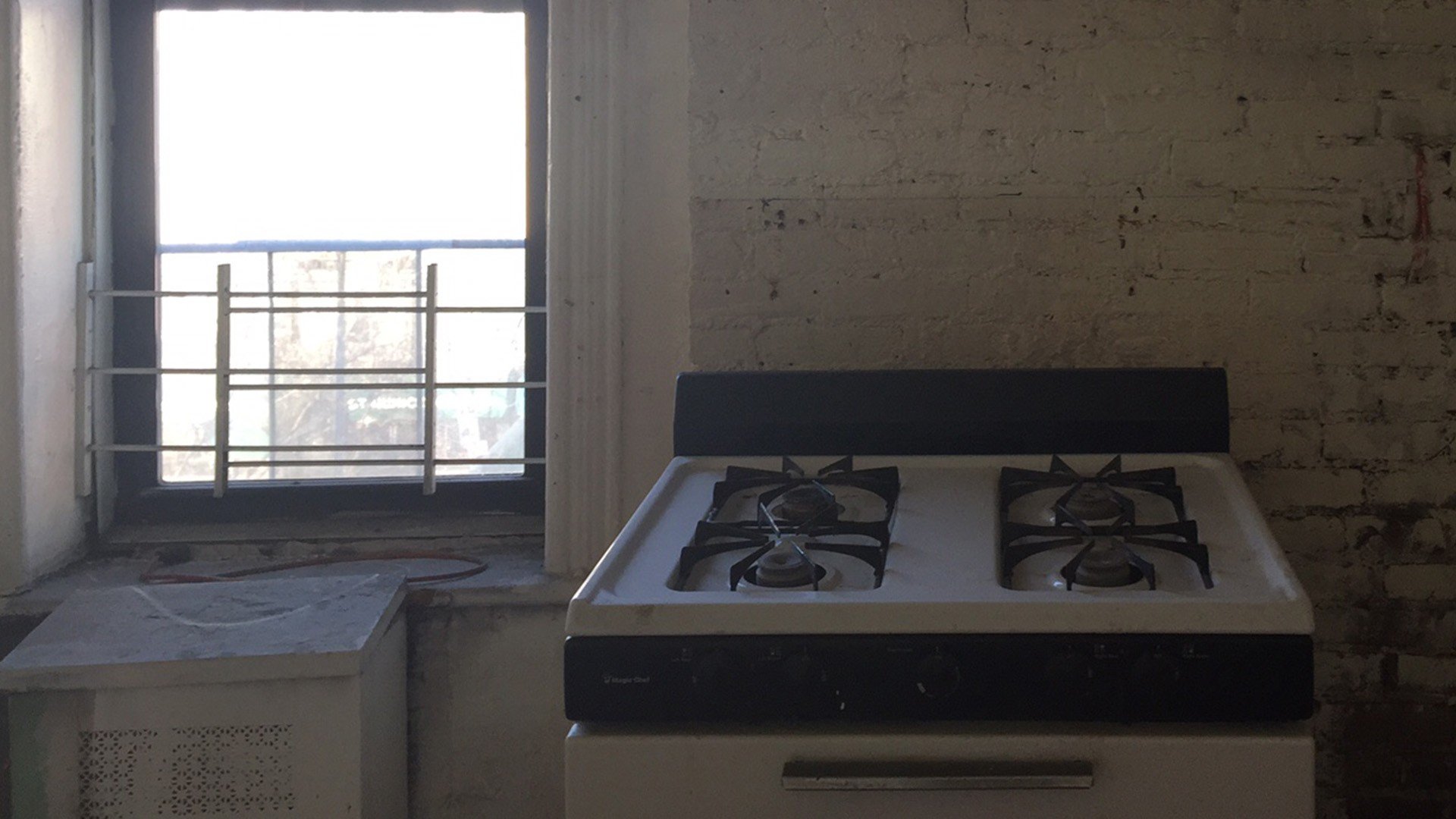
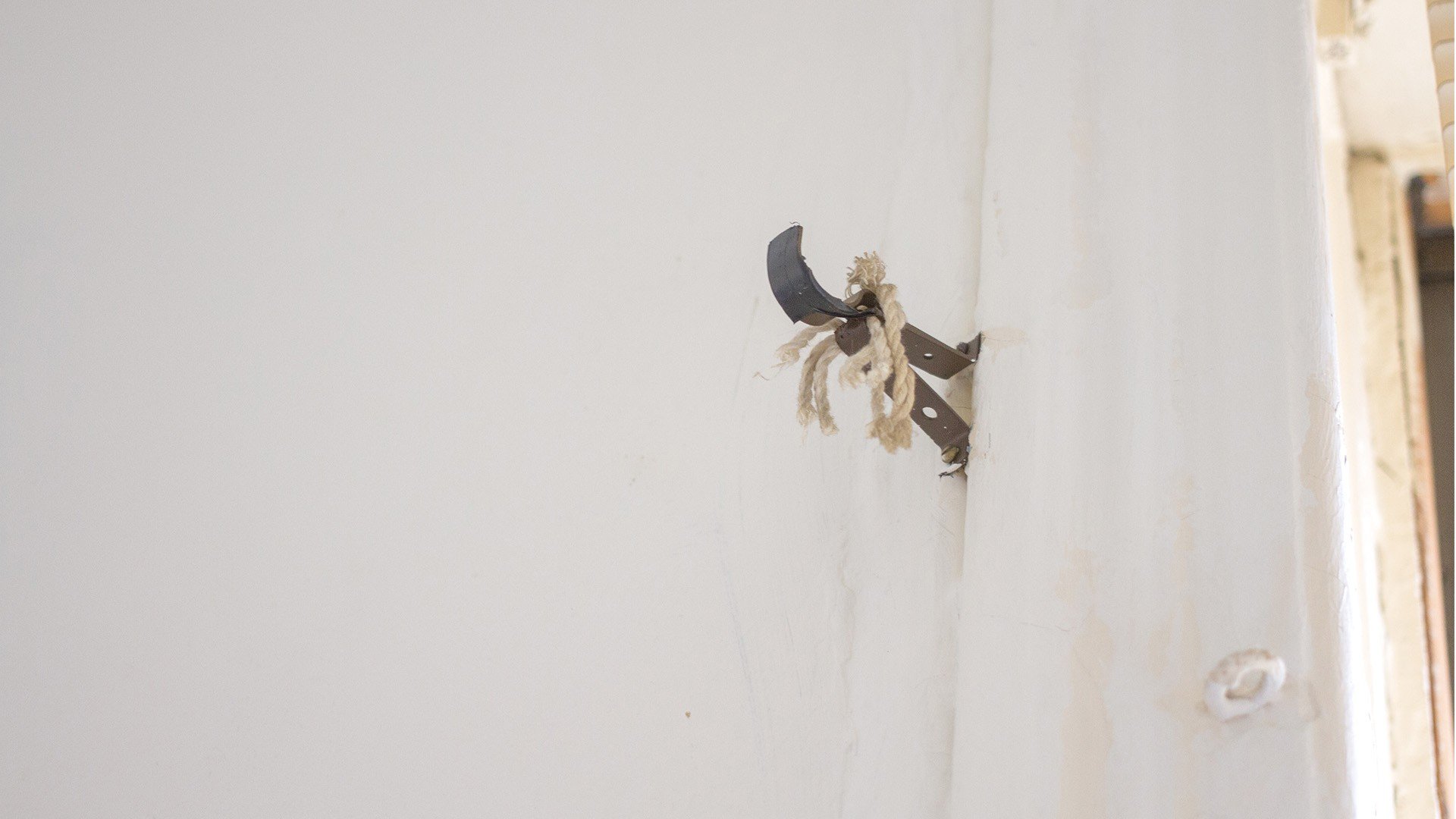
Every spring, the Epsteins celebrated Passover. The Passover Hagadah tells of the Jews’ exodus from Pharoah’s Egypt, a story that would have a special resonance for Kalman and Regina.
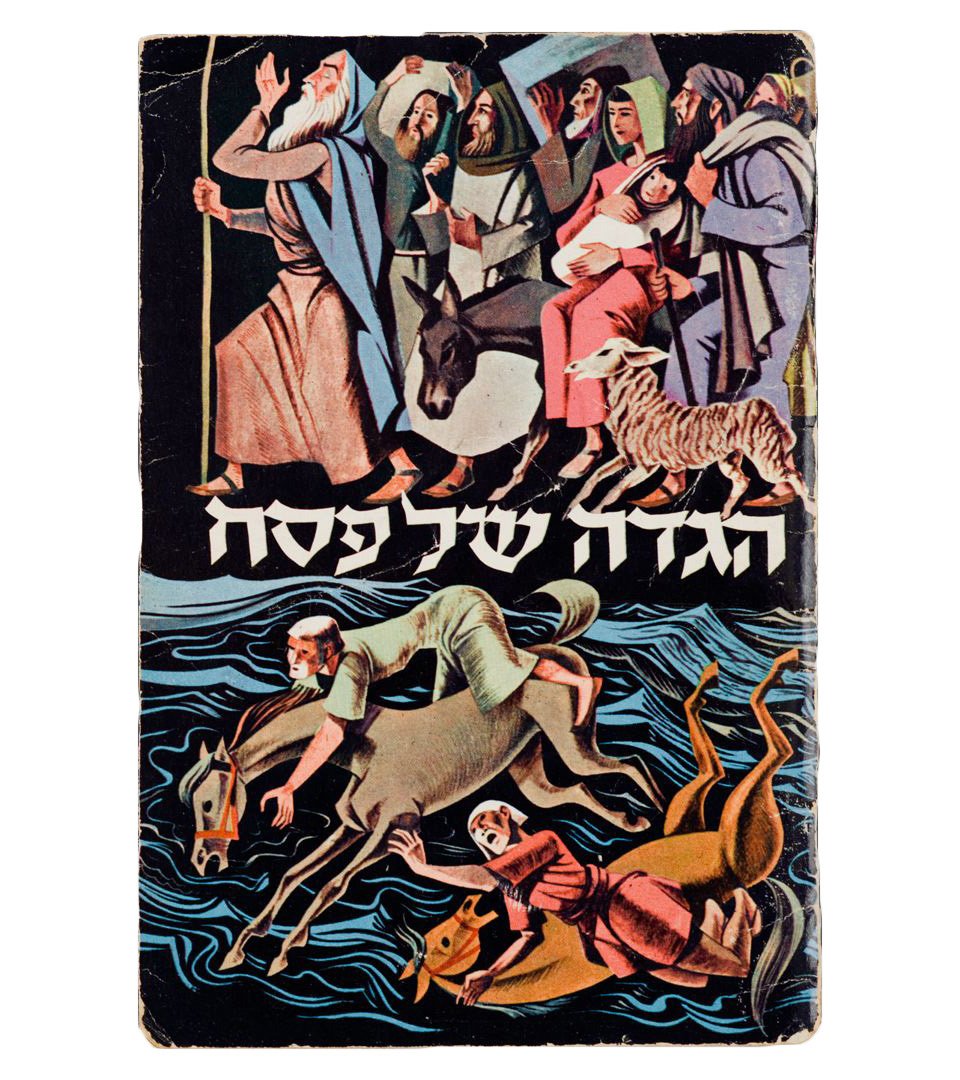
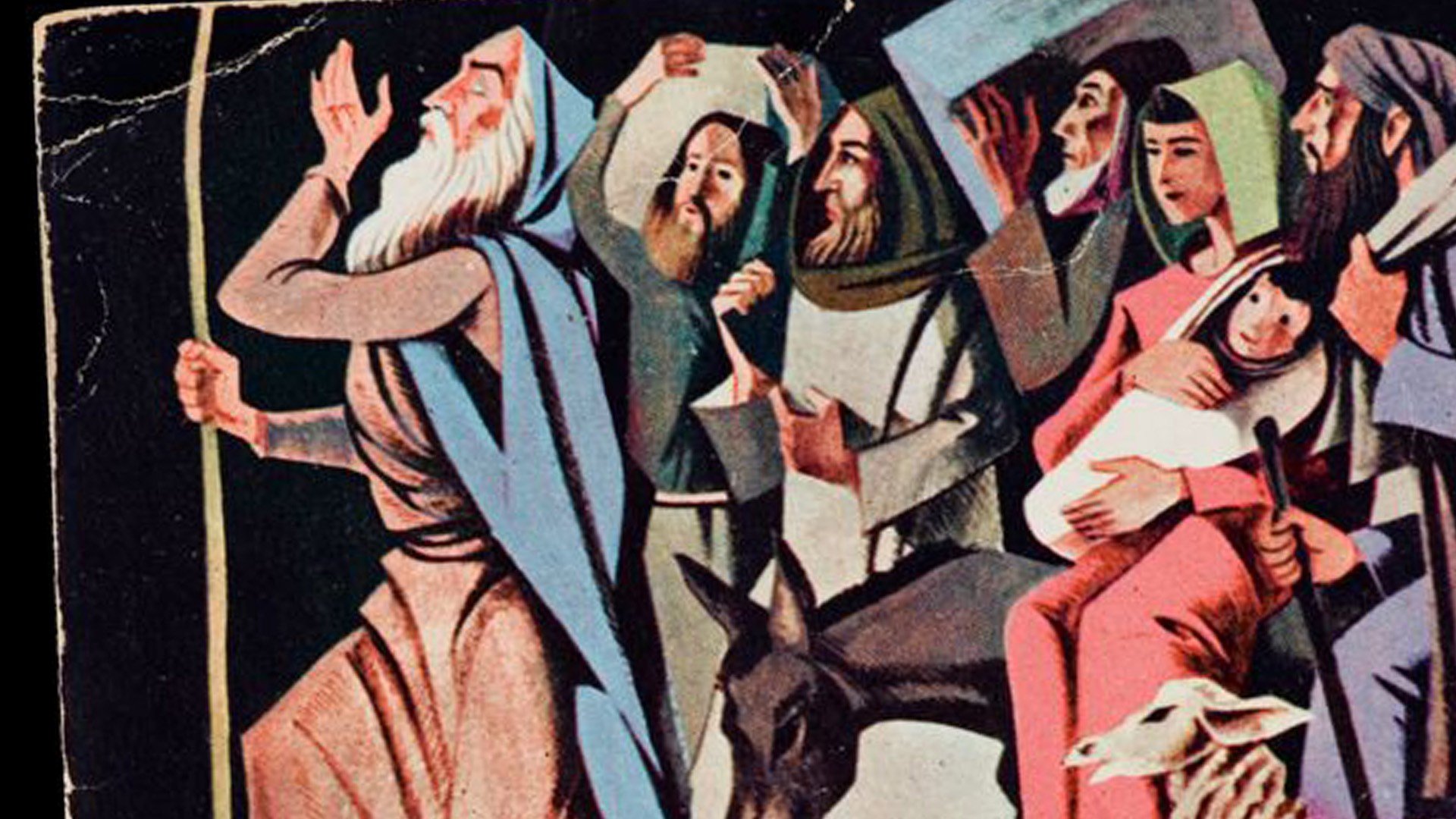
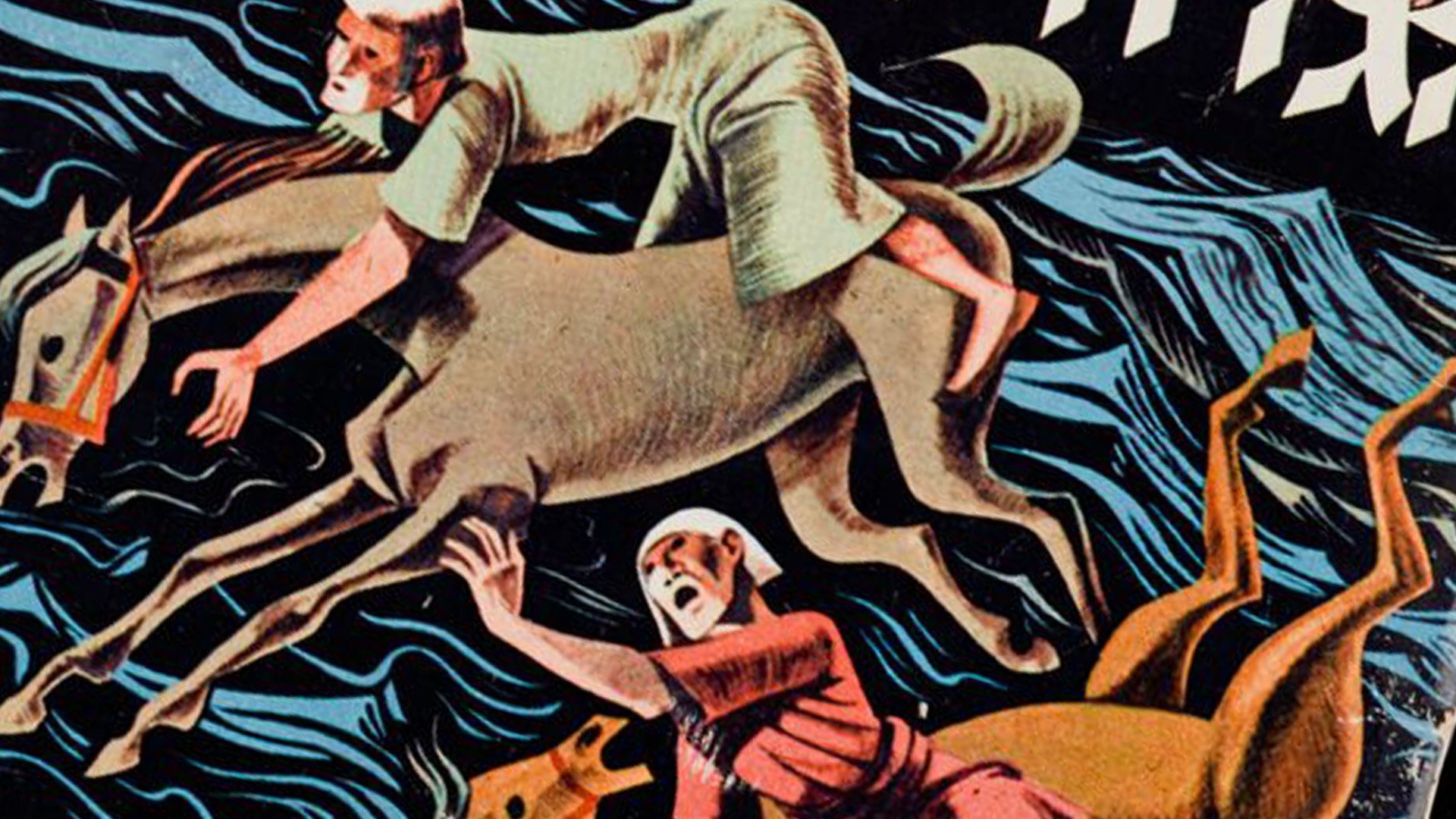
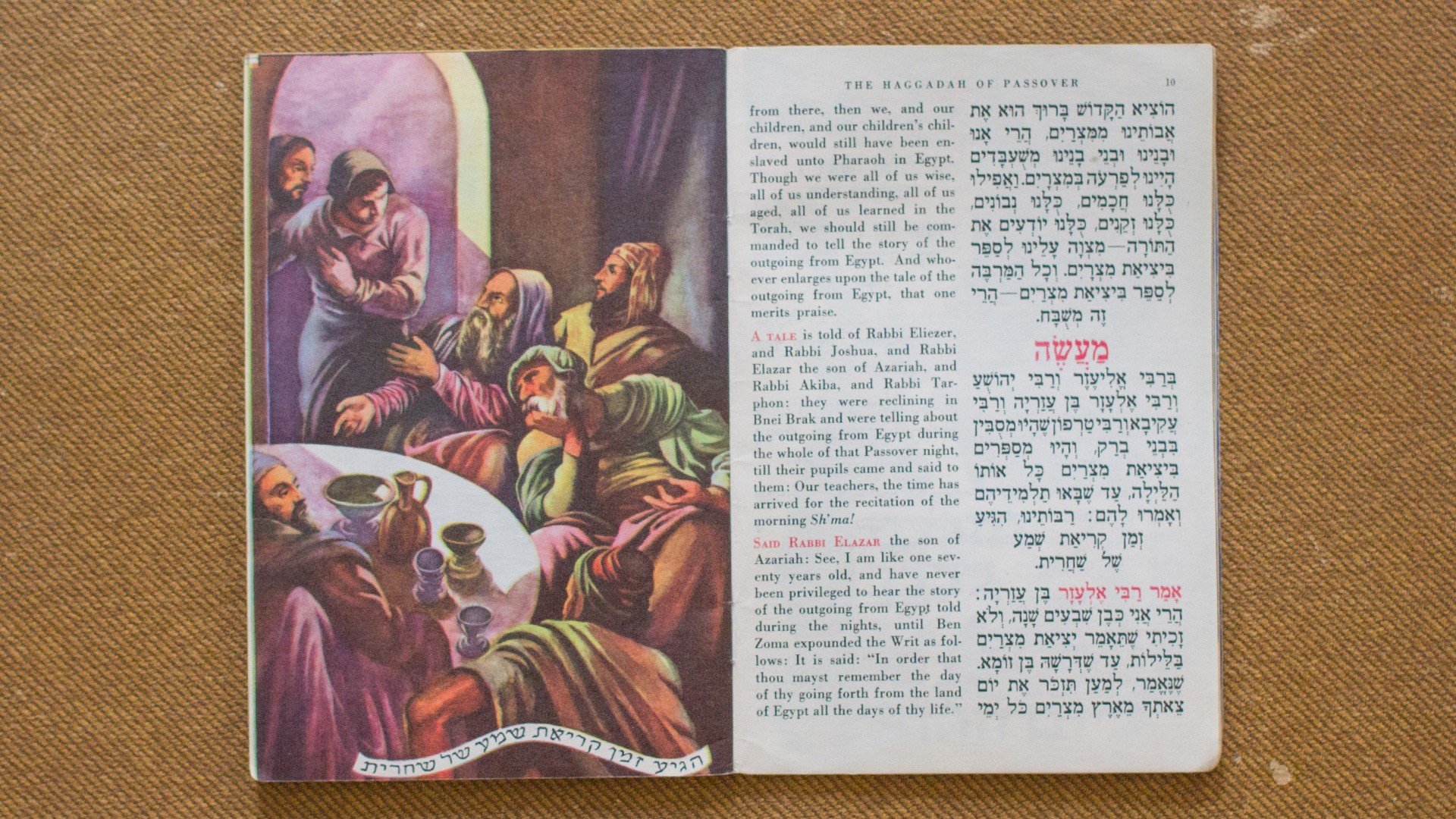
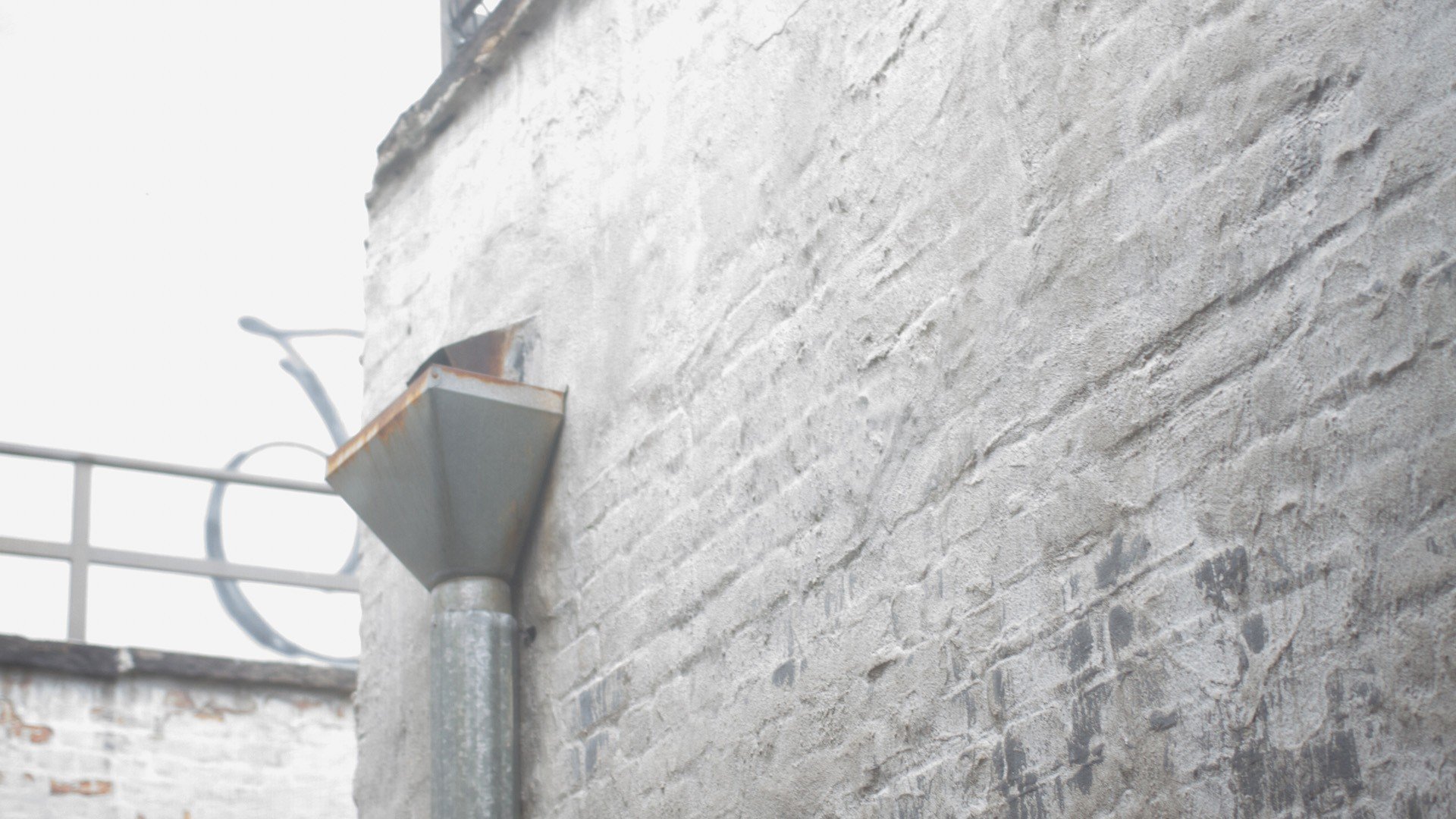
As part of the holiday’s memorial service, they recited the names of family members whose lives had been taken. Yet, during the rest of the year, the Epsteins almost never discussed their experience in the camps with their daughters.
Translation of card: “These are the names of my dear children. These are the ones I raised with my own hands. Chaya Zipora. Ruchel Tsika. Bluma. These are the children from my Aunt Devora from Warsaw. My everlasting love to these children, Rivka Epstein.”
Second card titled “One Must Not Forget” with instructions for Passover, including the selling of Khomets (leavened foods) and dishes to the Rabbi.

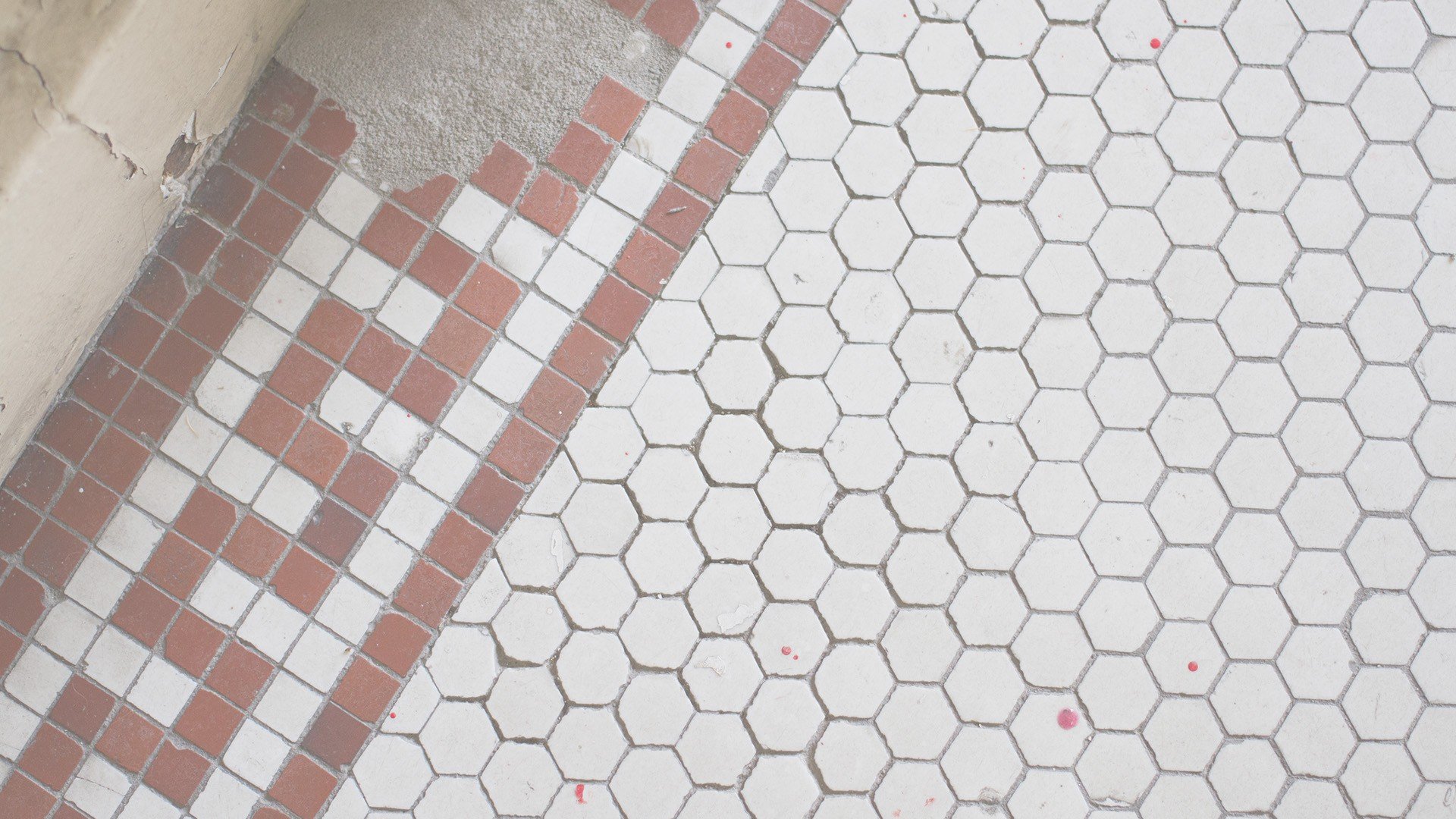
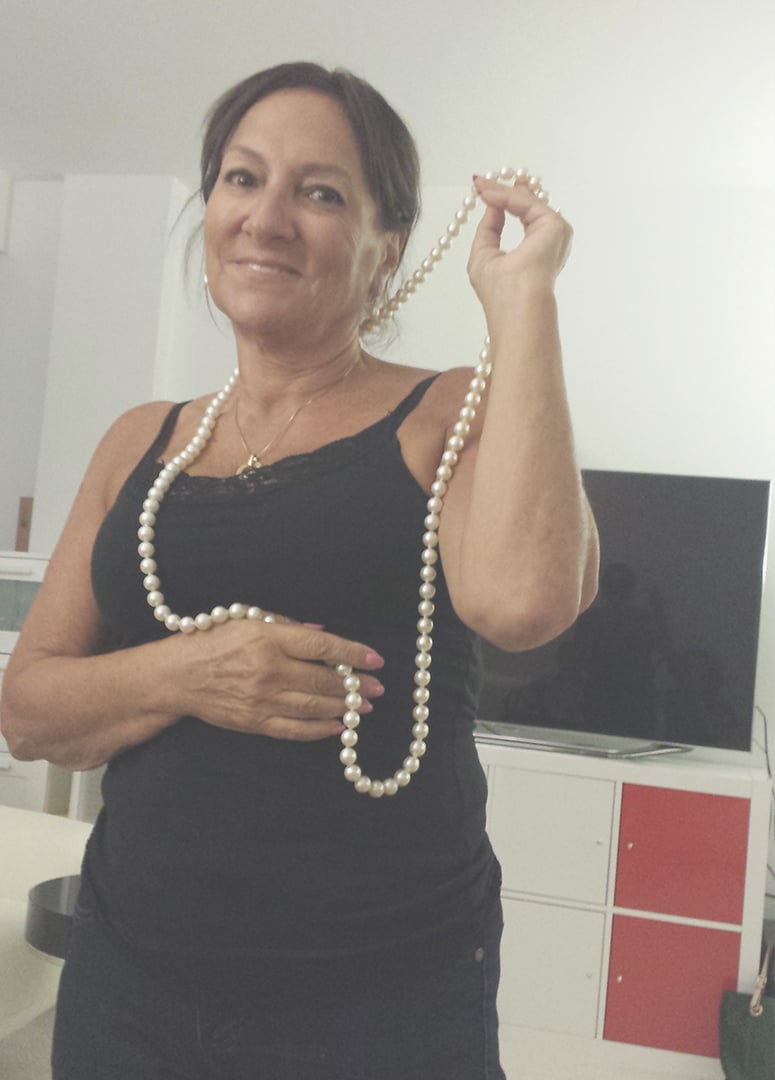
Bella, now a Florida resident, returns to the Lower East Side whenever she can.
